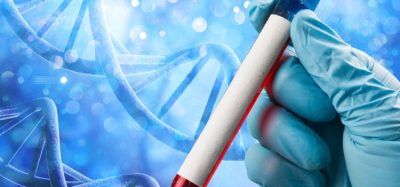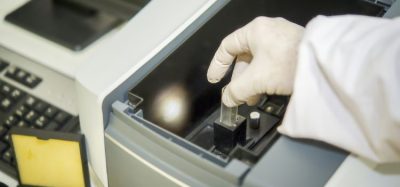Innovative nanocage promises sustainable cancer drug delivery
Posted: 30 May 2024 | Catherine Eckford (European Pharmaceutical Review) | No comments yet
The unique system offers a targeted approach to deliver cancer drugs to tumours while helping to limit negative side effects.


A novel drug delivery method combining proline and metal such as palladium, could enable chemotherapy drugs to be transported in the body via nano-sized cages. Practically, this could enable delivering the structure “more directly” to a tumour, while “shielding healthy cells”.
Chemotherapy drugs, antibiotics, as well as antivirals could be transported using this delivery system, the authors theorised.
Harnessing the properties of proline
This innovative delivery approach, which utilises proline, an amino acid found in chicken feathers and skin tissue, could help to mitigate side effects associated with chemotherapy, such as hair loss and nerve damage, the research suggests.
The nanocage, made from widely available proline and collagen [can be filled] with several different medicines and deliver them in a much more targeted way than we could before”
The nanocage, “made from widely available proline and collagen [can be filled] with several different medicines and deliver them in a much more targeted way than we could before,” commented principal author Dr Charlie McTernan, Lecturer in Chemistry at King’s College London and Group Leader at the Francis Crick Institute.
The researchers noted that historically, the type of cage investigated in the study has been made from hydrocarbon molecules found in tar.
Beneficially, this type of innovative structure can also be adapted to have different sizes. Furthermore, this structure could enable faulty enzymes in the body to be replaced, which has previously not been possible, the researchers stated.
Importantly, blocking faulty enzymes could help to lower inflammation, the authors explained. Now, the nanocages could replace this function, which “may lay the groundwork for a new form of treatment”.
Delivering a new paradigm
“In time, we hope that this could mean that we can limit the hair loss, nausea, and other unpleasant side effects of chemotherapy. We might even be able to repair malfunctioning enzymes that have an influence on the development of cancer. The best part is we can do this sustainably and at scale,” Dr McTernan shared.
The study investigating the proline-based drug delivery method was published in the journal Chem.
Lignin-based drug delivery system may improve chemotherapeutics
Related topics
Anti-Cancer Therapeutics, Chemotherapy, Clinical Development, Clinical Trials, Drug Delivery Systems, Drug Targets, Industry Insight, Nano-medicine, Proteins, Research & Development (R&D), Therapeutics









